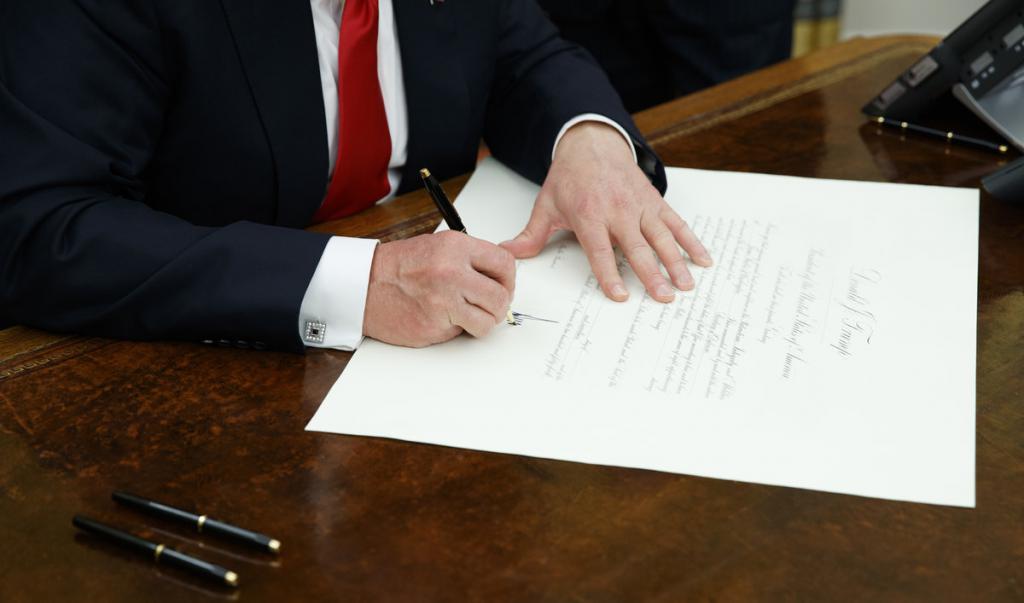Signatories are persons whose hand puts signatures on documents: contracts, statements, regulatory acts. Usually the term applies to politicians, other people involved in public activities. However, in law, a lot of space is allotted to their status.
Where is the signature put
Signatories are, first of all, the citizens themselves, receiving and submitting documents, applications. Wherever a person is, no matter what he does, from time to time he has to put his signature.

The second category is representatives of citizens and organizations.
The third category - persons holding positions that give the right to sign official documents on behalf of state and municipal authorities.
Citizen Assistant
Everyone knows that legally incompetent or minors have representatives who protect their rights and fulfill part of their duties, for example, appear in court, pay bills, etc. The law provides for a different form of representation. A person who is competent, that is, aware of their actions and controlling them, but due to physical health, not able to fully exercise their rights, may ask to appoint an assistant to him.

The assistant, on the basis of the contract of instruction, performs certain actions specified in the document. In this case, the signatories are the helpers.
Participation in third-party transactions
Everyone has the right to dispose of their rights and acquire responsibilities. There are cases when a person cannot sign a document, in particular, an agreement due to health problems, for example, due to blindness, damage to his hands, etc. Until now, there are those who for some reason are not literate . Most often these are representatives of small nations living in the north of Russia.
Here, the signatory is any person whose signature the participants in the transaction wish to see instead of themselves, who are unable to put their own. The fact is certified by a notary or an official authorized to perform notarial acts (an official of the municipal administration or its chairman). The signature may be certified by persons working in the organization where the person who is unable to put his signature works.
Power of attorney
This is a document confirming the authority of a third party. It is certified either by a notary public or by the director of the organization in which the principal works. Chief physicians, chiefs of military units, military educational organizations, heads of correctional institutions where prisoners are held have the right to certify.

Citizens act on behalf of the signatory, on behalf of whom a power of attorney is issued, the signature of officials or notaries only confirms the validity of the will of the principal. Interestingly, permission for certain actions, including the right to sign, should be indicated directly in the power of attorney, especially when it comes to court.
Contract signing
Contracts are often executed on several sheets, and at the end of each signatures of the parties to the transaction are put. They are put either by direct participants or their representatives. The basis is either a power of attorney, or a decision of the founders (protocol, extract from the charter, certified by a notary, etc.). An additional requisite is the seal of organizations and individual entrepreneurs (some of them still use the seal).
Information about the signatories is either data from passports or organization data. In the case of the latter, this is the registration number and name with the mention of the organizational form.They are usually rewritten directly in the text of the contract in the section "details of the parties" in the final part of the document. The preamble puts a standard mark on the persons affixing their signature - “acting on the basis of the charter”.
Digital signature
The use of electronic documents greatly simplifies life and speeds up the workflow. Today it is proposed to use both a simple and enhanced electronic digital signature. The law equates it with the handwritten signature of a person. For example, today, trial participants have the opportunity to upload statements of claim and attached documents directly to the court’s website. From there to receive electronic copies of judicial acts.

The purchase of an EDS costs several thousand rubles, so it is acquired by those who constantly use the services of courts or authorities, and the use of electronic services saves time significantly.
Government officials
Signatures on acts of authorities of a regulatory and non-normative nature are put by persons who have the right to do this by office or on the basis of an order as a temporary deputy. Power of attorney to sign such documents is not issued. And the subject of study in such cases is the availability of authority to publish relevant documents. Whether a chain of managerial decisions has been made, whether they are formalized in accordance with the law, and whether the relevant official has the authority.
